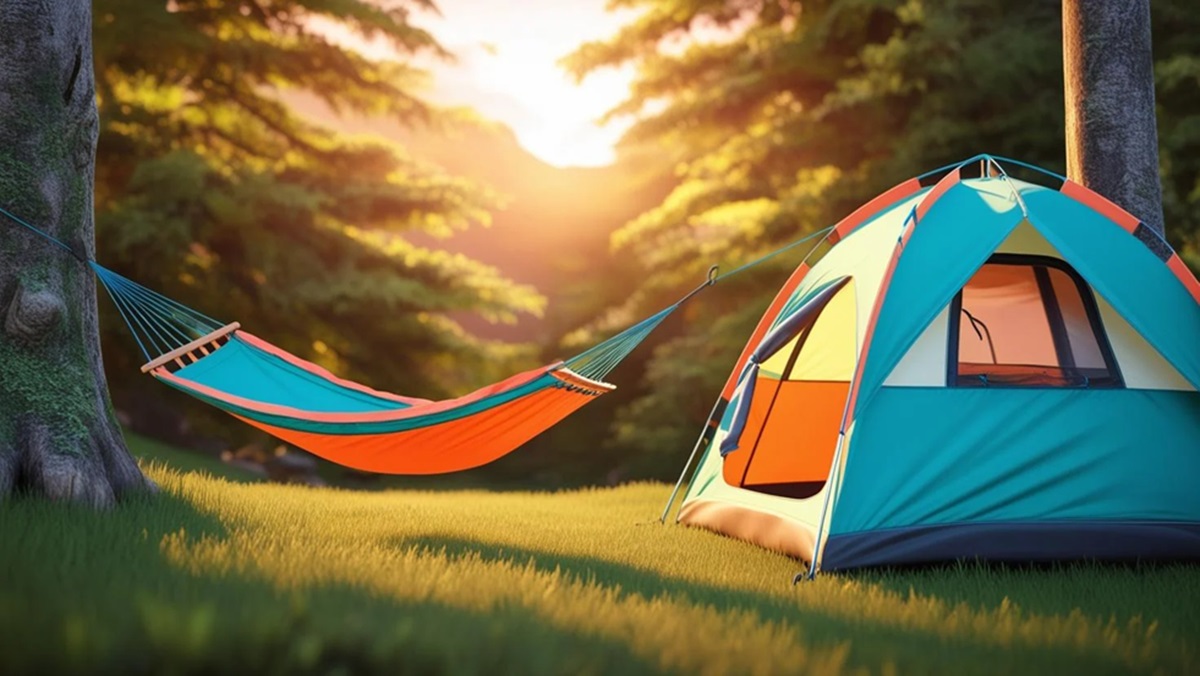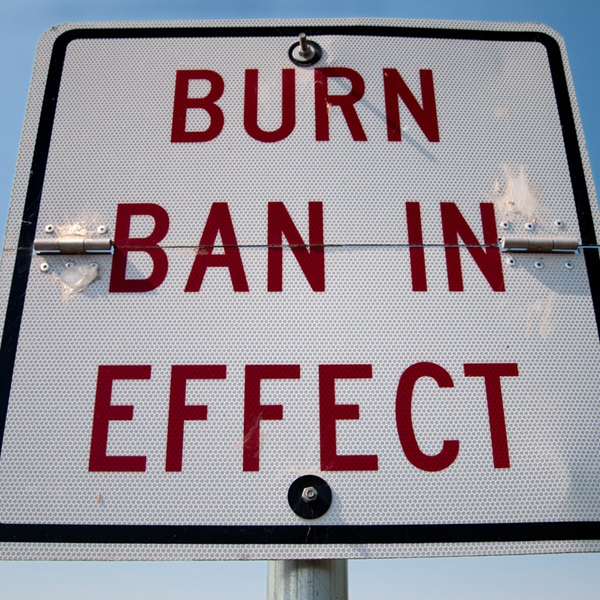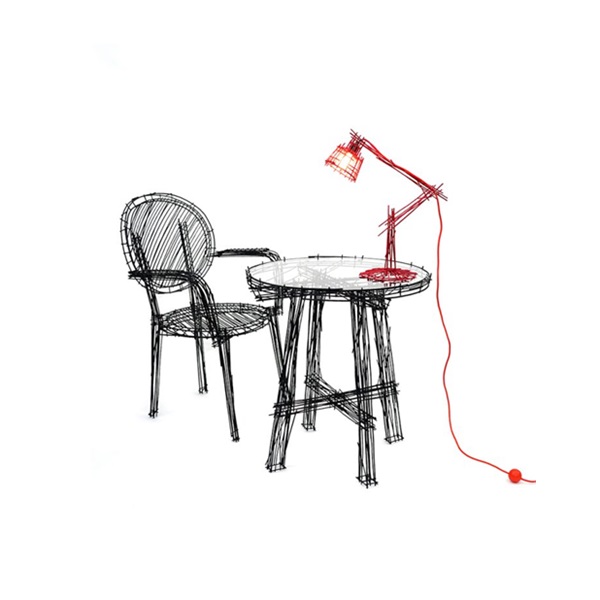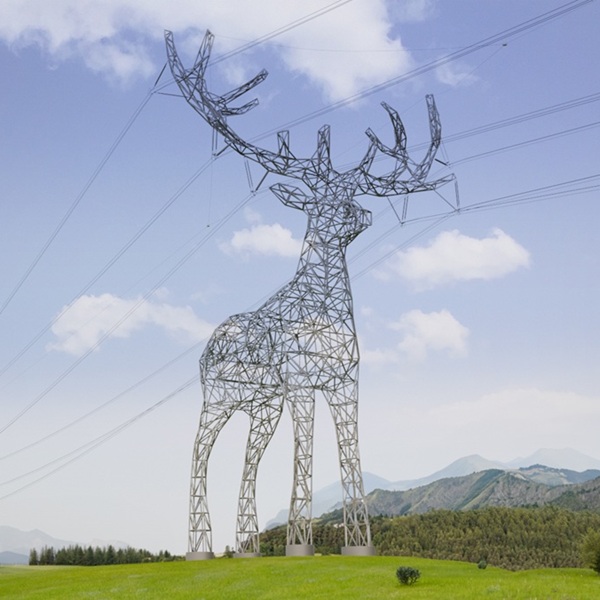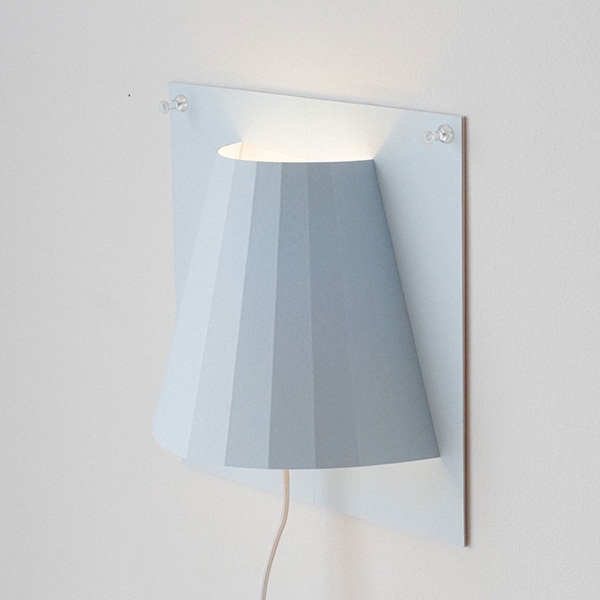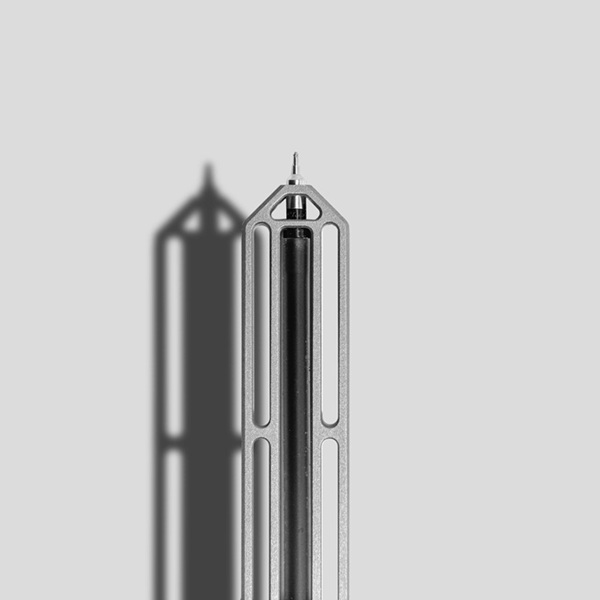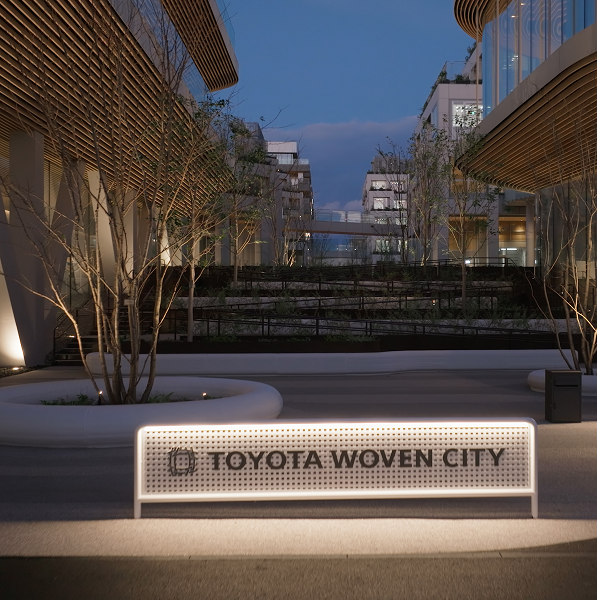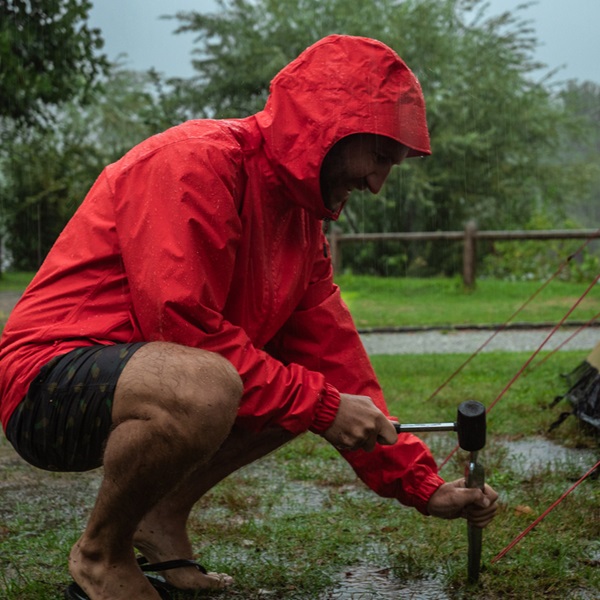
There are many camping types attracting campers. Today, we would like to compare hammock vs tent camping so that you can plan your next outdoor adventure.

Even though both options offer unique advantages, campers choose their camping style depending on terrain, weather, and personal comfort. Hammock camping provides a lightweight, elevated sleeping setup. Hammock camping is ideal for uneven or wet ground. On the contrary, tent camping provides full protection from the elements and more storage space.
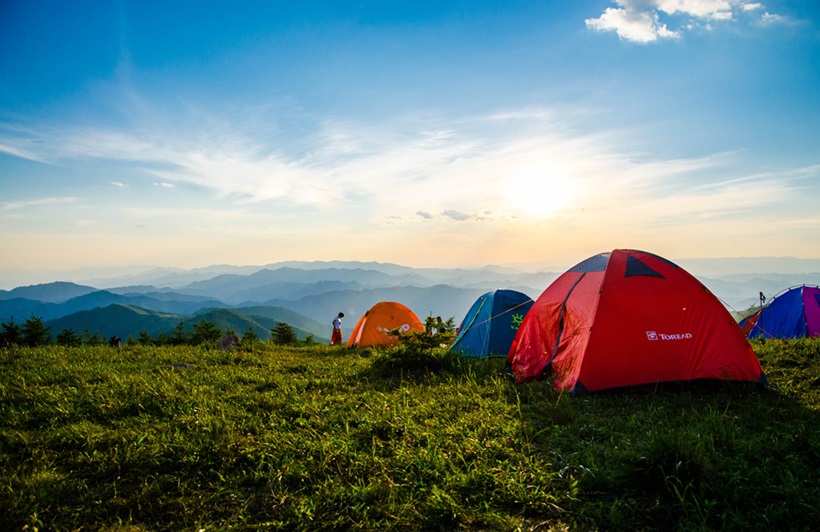
Before going for another camping trip, you can check the pros and cons of both hammock and tent camping. We wish you have a memorable and enjoyable outdoor experience.
What is Hammock Camping?
Hammock camping stands out as a lightweight and comfortable alternative for outdoor enthusiasts in the hammock vs tent camping. Instead of sleeping on the ground, campers suspend their hammocks between trees and enjoy a relaxing rest.

This method is perfect for backpackers, minimalist campers, and those looking for a new way to experience nature. In addition, a hammock offers excellent ventilation, adaptability to various terrains, and a unique sense of freedom.
On the other hand, hammock camping comes with some limitations, such as the need for suitable anchor points.
Some of the advantages of hammock camping can be summarized as follows:
Lightweight and Portable
Hammocks are significantly lighter than tents and ideal for backpackers and long-distance hikers. A typical setup weighs only a few pounds. Unlike bulky tent poles and stakes, they fit compactly into your backpack and free up space for other essentials.
Comfortable Sleep Setup
Sleeping in a hammock eliminates the discomfort of uneven, rocky, or wet ground. The gentle sway of a hammock can also enhance relaxation and help you fall asleep faster. If you position your body properly, a hammock can support your back naturally.
No Need for Flat Ground
Unlike tents, which require a flat surface for setup, hammocks can be suspended over rough, sloped, or rocky terrain. This flexibility allows you to camp in places where tents would be impractical, such as forests, riverbanks, or steep hillsides.
Superior Ventilation
Hammocks offer excellent airflow, reduce condensation, and keep you cool in warm weather. This setup minimizes stuffiness and prevents the buildup of moisture inside your sleeping area. By adding a bug net and rain tarp, you can enjoy fresh air while staying protected from insects and unexpected rain.
Quick and Easy Setup
Setting a hammock takes only a few minutes. Therefore, it is an efficient choice for campers who want to avoid the hassle of assembling tent poles and securing stakes. With the right suspension system, you can quickly adjust the height and tension of your hammock to ensure a perfect hang every time.
Less Impact on Nature
Hammocks minimize environmental impact by keeping you off the ground and reducing soil compaction and damage to vegetation. Unlike tents that require clearing a space and staking into the earth, hammocks preserve the natural landscape.
Versatile and Multi-Purpose
A hammock is not just for sleeping, of course. You can utilize your hammock as a comfortable chair, a relaxing swing, or even makeshift shelter with a rain tarp. His versatility makes hammocks a great addition to any outdoor adventure.
Things to Consider
While hammock camping has its own advantages, there are certain challenges you should consider. Some of these challenges are listed as follows:
Requires Trees or Anchor Points: Hammocks need sturdy anchor points, which can limit campsite selection in treeless areas.
Limited Protection from Elements: While tarps provide some cover, hammocks lack the full enclosure of tents, making them less effective in extreme weather.
Not Ideal for Group Camping: Unlike tents, hammocks are designed for single-person use, making socializing and sharing space more difficult.
Colder in Cold Weather: Without proper insulation, hammocks can be chilly due to airflow beneath the body, requiring extra gear like underquilts.
Learning Curve for Setup: Proper hammock hanging takes practice, and incorrect positioning can lead to discomfort or poor sleep.
What is tent camping?
Tent camping remains the most traditional and widely used method for outdoor adventurers in the hammock vs tent camping debate. A tent provides a fully enclosed shelter, offering protection from the elements, insects, and wildlife. Whether you’re camping in the mountains, forests, or open plains, a tent ensures a comfortable and secure sleeping area.

To make the right decision in the hammock vs tent camping discussion, you should understand the benefits and drawbacks of tent camping.
Advantages
Full Protection from Weather
Tents provide excellent protection against wind, rain, and cold temperatures, keeping you dry and warm. With waterproof materials, sturdy poles, and proper ventilation, modern tents are designed to withstand various weather conditions, making them ideal for year-round camping in different environments.
More Space for Gear and People
Unlike hammocks, which are limited to single-person use, tents come in multiple sizes, accommodating individuals, couples, families, or even large groups. Tents also offer storage space for gear, keeping your backpacks, clothes, and food safe from rain and curious wildlife.
Suitable for Any Terrain
Tent camping is not restricted by the availability of trees or anchor points. Whether you’re camping in open fields, beaches, or high-altitude areas, as long as the ground is relatively flat, you can set up your tent almost anywhere, giving you more flexibility in choosing a campsite.
Increased Privacy and Security
A tent provides a private, enclosed space where you can change clothes, store personal items, and sleep without being fully exposed to the surroundings. This added layer of security is especially beneficial in crowded campgrounds or areas where wildlife encounters are a concern.
Better Insulation and Warmth
Tents create a warmer sleeping environment by blocking wind and trapping body heat. With proper sleeping bags, ground pads, and layered clothing, tent camping can be comfortable even in cold weather. Unlike hammocks, which allow cold air to circulate beneath you, tents help retain warmth more efficiently.
Greater Stability in Windy Conditions
With strong poles, guy lines, and secure stakes, tents offer better stability in windy weather. Unlike hammocks, which can sway uncomfortably in strong winds, a properly anchored tent remains grounded and steady, making it a safer option during storms or unpredictable weather conditions.
More Family- and Group-Friendly
Tents allow multiple people to share a single shelter, making them ideal for families and groups. This communal aspect enhances social interactions, letting campers share meals, play games, or simply enjoy time together inside the tent. It also eliminates the need to find multiple trees for hammock setups.
Things to Consider
Tent camping offers reliability, comfort, and space, making it a favorite choice for many outdoor enthusiasts. However, you should consider the limitations when choosing between camping with hammock vs tent for your next adventure.
Some of the limitations you should consider:
Heavier and Bulkier: Tents, poles, and stakes add weight to your gear, making them less ideal for ultralight backpacking.
Longer Setup and Takedown Time: Pitching a tent requires more effort, especially in bad weather or challenging terrain.
Needs Flat, Clear Ground: Unlike hammocks, tents require level ground free of rocks, roots, and flooding risks.
Less Ventilation in Hot Weather: Without proper airflow, tents can become stuffy, trapping heat and condensation.
More Impact on Nature: Setting up a tent may require clearing vegetation, compacting soil, and leaving a footprint on delicate ecosystems.

